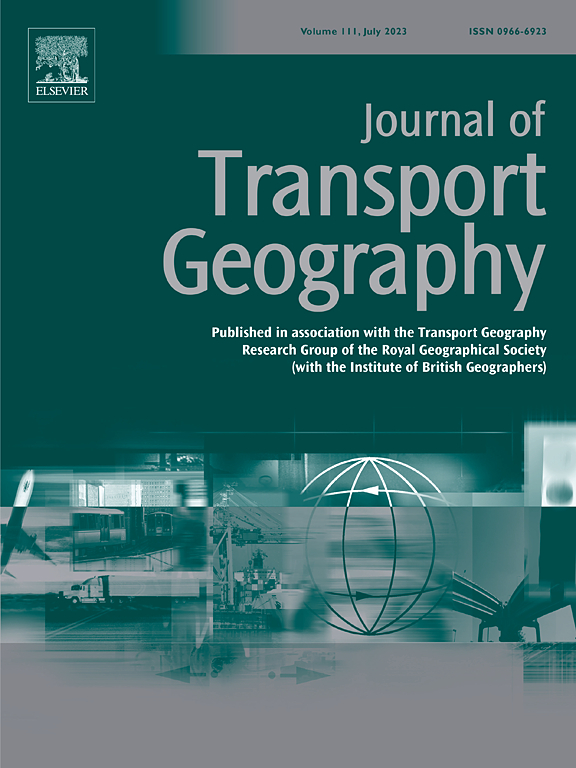MIKTA maritime research gaps: Data-driven machine learning approach for sustainable collaboration
IF 6.3
2区 工程技术
Q1 ECONOMICS
引用次数: 0
Abstract
The maritime industry is a cornerstone of global trade but faces significant sustainability challenges. International collaboration is crucial to address these issues, particularly for middle-income nations like MIKTA countries. This study employs a data analytics and machine learning approach to identify potential areas for collaborative research in sustainable maritime technology within MIKTA. By utilizing Latent Dirichlet Allocation (LDA) topic modeling, we categorized research papers into sub-fields and identified potential collaborations. Network and self-organizing map (SOM) analyses further refined these findings, revealing three priority areas with high collaboration potential but limited research: (1) developing a Sustainable Maritime Economy Realization Model (Indonesia-Korea), (2) creating an environmentally friendly and efficient port operation system (Mexico-Australia), and (3) establishing a Sustainable Management System for port workforce safety and health (Indonesia-Turkey). These insights can inform research and policy agendas, accelerating the development and adoption of sustainable maritime technologies within MIKTA and contributing to global maritime sustainability.
MIKTA海事研究差距:可持续合作的数据驱动机器学习方法
海运业是全球贸易的基石,但面临着重大的可持续性挑战。国际合作对于解决这些问题至关重要,特别是对于像MIKTA国家这样的中等收入国家。本研究采用数据分析和机器学习方法来确定MIKTA内部可持续海事技术合作研究的潜在领域。通过使用潜在狄利克雷分配(Latent Dirichlet Allocation, LDA)主题建模,我们将研究论文分类到子领域,并确定潜在的合作。网络和自组织地图(SOM)分析进一步完善了这些发现,揭示了三个具有高合作潜力但研究有限的优先领域:(1)开发可持续海洋经济实现模型(印度尼西亚-韩国),(2)创建环境友好和高效的港口运营系统(墨西哥-澳大利亚),(3)建立港口劳动力安全和健康的可持续管理系统(印度尼西亚-土耳其)。这些见解可以为研究和政策议程提供信息,加速MIKTA内部可持续海事技术的开发和采用,并为全球海事可持续性做出贡献。
本文章由计算机程序翻译,如有差异,请以英文原文为准。
求助全文
约1分钟内获得全文
求助全文
来源期刊

Journal of Transport Geography
Multiple-
CiteScore
11.50
自引率
11.50%
发文量
197
期刊介绍:
A major resurgence has occurred in transport geography in the wake of political and policy changes, huge transport infrastructure projects and responses to urban traffic congestion. The Journal of Transport Geography provides a central focus for developments in this rapidly expanding sub-discipline.
 求助内容:
求助内容: 应助结果提醒方式:
应助结果提醒方式:


